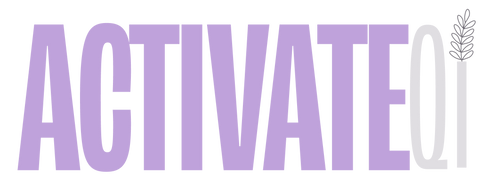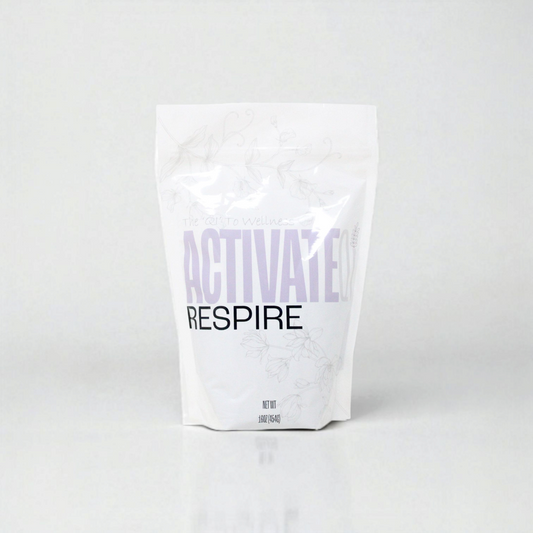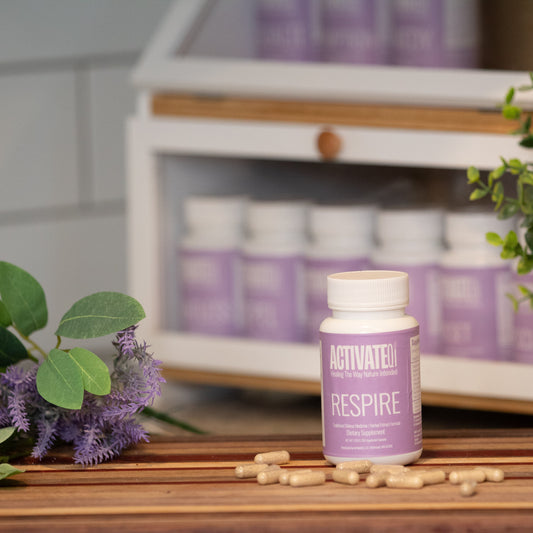Understanding Leaky Gut in Horses and Hindgut Fermentation: Why a Forage-Based Diet is Key
Horses are unique creatures with delicate digestive systems, and the health of their gut plays a crucial role in their overall well-being. As a horse owner, understanding the complexities of your horse’s digestive system, including conditions like leaky gut, is key to providing them with the best possible care. One of the best ways to support digestive health is through a forage-based diet, which promotes optimal hindgut fermentation. Let’s dive into what leaky gut is, how hindgut fermentation works, and why a forage-based diet can be a game-changer for your horse’s digestive health.
What is Leaky Gut in Horses?
Leaky gut, also known as increased intestinal permeability, is a condition that affects the lining of the small intestine, making it more permeable than it should be. This means that particles like toxins, undigested food particles, and harmful bacteria can escape the gut and enter the bloodstream. In a healthy horse, the gut lining acts as a barrier, allowing only properly digested nutrients to pass through into the bloodstream while keeping harmful substances contained. When this barrier is compromised, it can lead to a range of health issues, including:
- Inflammation: Leaky gut can trigger an inflammatory response in the body, contributing to systemic inflammation.
- Immune System Dysfunction: The immune system may mistakenly attack the body’s own tissues, leading to autoimmune-like symptoms.
- Digestive Discomfort: Horses with leaky gut often experience bloating, diarrhea, severe ulcers, and colic.
- Behavioral Changes: The pain and discomfort associated with leaky gut can result in changes in behavior, such as irritability or reluctance to work.
The Role of Hindgut Fermentation in Horse Digestion
Horses are non-ruminant herbivores with a large cecum and colon where the majority of their digestion takes place. This is known as hindgut fermentation, where bacteria and microorganisms break down fiber and other complex carbohydrates in the food they consume. Unlike humans, who digest food in the stomach and small intestine, horses rely on microbial fermentation in the hindgut to extract the nutrients from fibrous plant material, such as hay and pasture grass.
The hindgut contains trillions of beneficial bacteria, fungi, and protozoa that play a vital role in breaking down fiber, producing short-chain fatty acids (SCFAs) that supply energy to the horse, and synthesizing certain vitamins. This fermentation process is complex and requires a steady supply of fiber from a forage-based diet. When horses are fed a diet that’s too high in sugars or starches, it can disrupt the delicate balance of microorganisms in the hindgut, leading to digestive upset, colic, and an increased risk of conditions like leaky gut.
Why Forage-Based Diets Support Hindgut Health
A forage-based diet—primarily composed of hay, grass, and other fibrous plant material—provides the ideal environment for healthy hindgut fermentation. Here's why:
Promotes Healthy Microbial Populations: A fiber-rich diet encourages the growth of beneficial bacteria in the hindgut. These bacteria help break down fibrous material and produce SCFAs, which are the main energy source for horses. A balanced population of gut bacteria supports gut integrity, reducing the risk of leaky gut.
Supports Optimal Digestion: The slow and steady digestion of fiber in the hindgut allows horses to absorb nutrients efficiently and maintain a healthy gut lining. This prevents the overproduction of gastric acid that can contribute to gut permeability issues and conditions like gastric ulcers.
Maintains Gut Motility: High-fiber diets help regulate gut motility by encouraging the smooth movement of food through the digestive tract. This is important for preventing constipation and colic, both of which can stress the digestive system and contribute to leaky gut.
Reduces Inflammation: Excessive sugars and starches can promote inflammation in the gut, contributing to leaky gut and hindgut acidosis. A forage-based diet, on the other hand, provides a steady supply of fiber without overloading the system with quick-to-digest sugars that can disrupt gut function.
Supports the Immune System: The gut is home to a large portion of the immune system. When the gut is healthy, it helps protect the body from harmful pathogens and supports overall immune function. A well-functioning hindgut fermentation system, fueled by a forage-based diet, reduces the chances of leaky gut and boosts the horse’s immunity.
The Impact of a Poor Diet on the Gut and Leaky Gut Development
Horses that are fed diets high in processed grains, starches, or low-quality forage may be at greater risk for developing digestive issues like leaky gut. High-starch diets disrupt the microbial balance in the hindgut, leading to an overgrowth of harmful bacteria, which in turn produces lactic acid and other byproducts that can harm the gut lining. This imbalance can weaken the gut’s protective barrier, leading to leaky gut syndrome.
Additionally, sudden changes in diet or feeding high-sugar treats can stress the digestive system, triggering inflammation and disrupting the gut lining. This is especially true for horses that have a history of digestive problems, such as colic or ulcers.
How to Implement a Forage-Based Diet for Your Horse
To support a healthy gut and prevent issues like leaky gut, here’s how to implement a forage-based diet:
Offer High-Quality Hay: Choose hay that is free of mold, dust, and contaminants. A variety of grasses, such as timothy, orchard grass, and meadow hay, provides diverse nutrients that support overall health. Ensure the hay is suited to your horse's needs, based on age, activity level, and specific health concerns.
Incorporate Fresh Grass: When possible, allow your horse to graze on fresh, high-quality pasture. Grazing on natural forage provides an abundance of fiber, promotes natural behavior, and supports healthy hindgut fermentation.
Eliminate Concentrates: Concentrates disrupt the fermentation process and increase the risk of digestive issues.
Consider Supplementing with Redemption: Redemption can help aid in balancing the organs necessary to heal the gut lining when suffering from leaky gut. We recommend any horse transitioning use Redemption as needed to heal the gut.
Conclusion: Protect Your Horse's Gut with a Forage-Based Diet
Leaky gut can have a significant impact on your horse’s health, leading to digestive problems, discomfort, and immune system challenges. Hindgut fermentation, on the other hand, plays a crucial role in maintaining a healthy digestive system. By providing your horse with a forage-based diet, you can promote a balanced microbiome, reduce inflammation, and protect against the development of leaky gut. A fiber-rich diet is the foundation of good digestion and overall well-being, ensuring your horse stays happy, healthy, and thriving.
So, next time you’re planning your horse’s meals, think about the power of forage—and give your horse the best chance for optimal gut health and a long, comfortable life.





